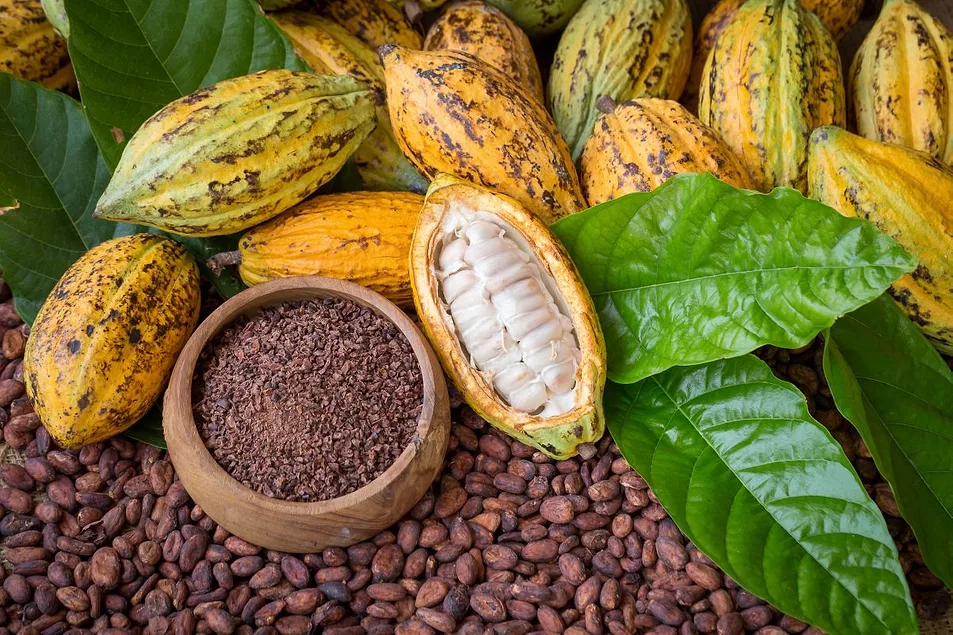Summary
Itaconix plc announced the commercial launch of BIO*Asterix, a new line of plant-based building blocks. These products are used in paints, coatings, and adhesives. The company aims to offer safer, more sustainable alternatives to fossil-based monomers.
Source: World Bio Market Insights

AI News Q&A (Free Content)
Q1: What is the significance of BIO*Asterix in the context of sustainable materials for paints and coatings?
A1: BIO*Asterix represents a significant development in sustainable materials as it offers plant-based building blocks for paints and coatings. These alternatives are safer and more environmentally friendly compared to traditional fossil-based monomers, aligning with global sustainability goals.
Q2: How does Itaconix aim to impact the market with the launch of BIO*Asterix?
A2: Itaconix aims to provide a sustainable and safer alternative to fossil-based monomers used in paints, coatings, and adhesives. This launch could potentially revolutionize the industry by offering eco-friendly options that reduce environmental impact.
Q3: What are some of the challenges in developing plant-based materials for industrial use?
A3: Developing plant-based materials involves challenges such as ensuring durability, performance, and cost-effectiveness compared to conventional materials. The research focuses on modifying properties like hydrophilicity and durability to make them practical for industrial use.
Q4: What recent scholarly research supports the development of plant-based materials in the coatings industry?
A4: Recent research has explored methods like atomic layer deposition and self-assembled monolayers to enhance the hydrophilic properties and durability of coatings, which can be applied to plant-based materials to improve their industrial viability.
Q5: How do plant-based building blocks contribute to reducing the carbon footprint of the coatings industry?
A5: Plant-based building blocks reduce reliance on fossil fuels and decrease greenhouse gas emissions associated with the production of conventional monomers. This shift contributes to a lower carbon footprint and supports climate change mitigation efforts.
Q6: What potential economic impacts could arise from the adoption of plant-based materials like BIO*Asterix?
A6: The adoption of plant-based materials could lead to economic benefits such as new market opportunities, job creation in green industries, and a competitive advantage for companies that prioritize sustainability. However, initial costs and market transition could pose challenges.
Q7: What are the environmental benefits of using plant-based over fossil-based monomers in industrial applications?
A7: Plant-based monomers offer environmental benefits such as biodegradability, reduced toxicity, and lower environmental impact during production and disposal. They contribute to sustainable development by minimizing pollution and conserving natural resources.
References:
- Modifying Hydrophilic Properties of Polyurethane Acryl Paint Substrates by Atomic Layer Deposition and Self-Assembled Monolayers




